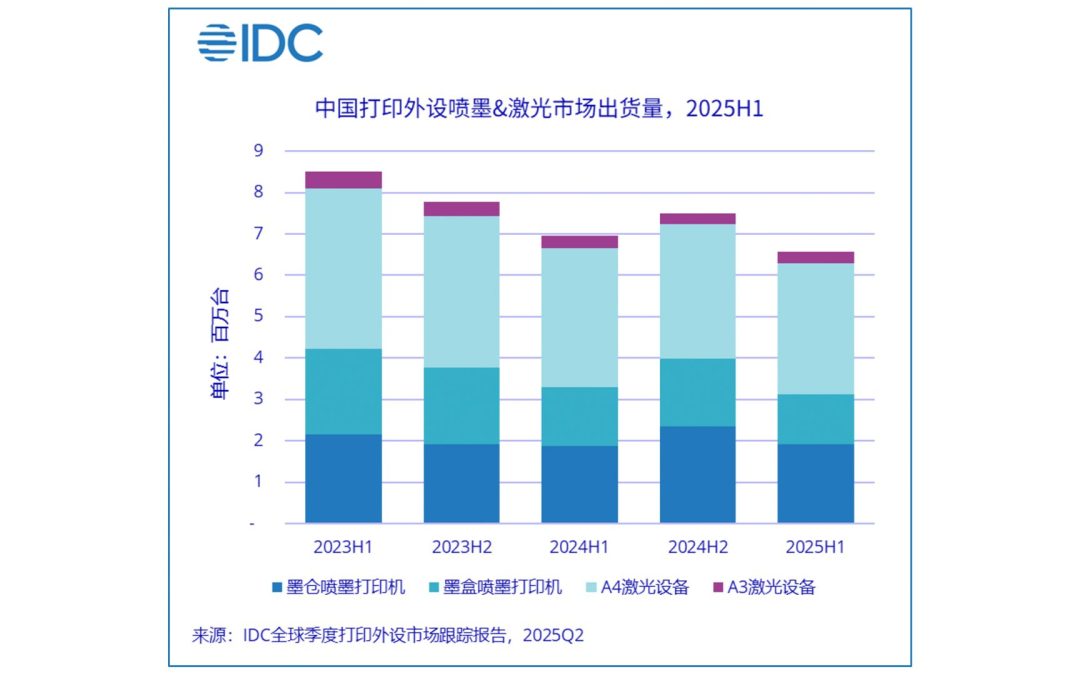A new 2022 consumer trends report also reveals surge in ecommerce may have plateaued as more consumers anticipate to return to in-store shopping experiences.
Gen Z and Millennial shoppers are now more likely to order products directly from brands, and 72% of all shoppers expect to have significant interactions with physical stores once the pandemic subsides, up from 60% pre-COVID. This is according to a new Capgemini Research Institute report, What Matters to Today’s Consumer, which reveals the far-reaching impact of the pandemic on consumer behaviour and preferences.
More than two-thirds (68%) of Gen Z and over half (58%) of Millennials have ordered products directly from brands in the past six months, compared to 41% on average across all age groups. Only 37% of Gen X and 21% of Boomer shoppers have ordered directly from a brand in the last six months. For those who have bought directly from brands, almost two thirds (60%) cite a better buying experience as a reason for purchasing directly, and 59% cite access to brand loyalty programmes.
 In return for these benefits, consumers are willing to share their data. Currently, almost half (45%) of all shoppers say they are willing to share data on how they consume or use products and more than a third (39%) say they are willing to share personal data such as demographic information or product preferences. However, 54% of all shoppers say that offers, deals, and/or discounts would make it more likely for them to share their data directly with brands.
In return for these benefits, consumers are willing to share their data. Currently, almost half (45%) of all shoppers say they are willing to share data on how they consume or use products and more than a third (39%) say they are willing to share personal data such as demographic information or product preferences. However, 54% of all shoppers say that offers, deals, and/or discounts would make it more likely for them to share their data directly with brands.
Tim Bridges, Global Head of Consumer Goods and Retail at Capgemini said: “Younger consumers’ willingness to go straight to brands when purchasing goods presents a real opportunity for consumer product companies. This enables them to collect consumer data and helps create a more mature direct-to-consumer channel. Being data-powered enables the consumer product and retail organisations to translate supply and demand trends into intelligent decisions on where best to stock their products, customise products and services, and enhance customer experience.”
Online not likely to replace in-store shopping entirely
The surge in ecommerce over the last two years due to safety concerns and the desire to avoid physical stores has now plateaued. The notion that online may replace in-store entirely has been disproven, and the majority of consumers (72%) expect to have significant interactions with physical stores after the pandemic subsides, exceeding pre-COVID numbers (60%).
Globally, all age groups expect their level of in-store interactions post-pandemic to be higher than their online interactions. Boomers are the most likely to interact in-store (76%), and Gen Z the least likely (66%).
However, the nature of these interactions is changing as the distinction between online and in-store continues to blur. For instance, post-pandemic, 22% of shoppers expect to have a high level of interactions with click-and-collect orders. This trend is highest for Millennials (33%) and lowest for Boomers (11%).
Delivery and fulfilment services gain importance in certain segments
With convenience remaining a key priority for consumers, delivery and fulfilment are increasingly being transformed from a cost centre to a growth driver for many organisations. In the health and beauty and grocery segments, shoppers place greater importance on delivery and fulfilment than in-store experiences. This is especially true for groceries shoppers across all age groups, where 42% percent of shoppers say that delivery and fulfilment are the most important service attributes.
The research also highlights that convenience of delivery is a major factor that can push shoppers to try new and emerging models of shopping. We found that slightly less than half of consumers (47%) who have purchased products via subscription services do so for the convenience of home delivery. Post-pandemic, 22% of shoppers expect to have a high level of interactions with click-and-collect orders (i.e., ordering online and picking up in-store or curb side), indicating an enduring desire to interact with physical stores.
However, shoppers are less willing to pay a premium for fast delivery. Across all shoppers, 3.3% of the total cost is the average they would be willing to pay for two-hour delivery, down from 4.6% in 2019. While younger shoppers with children remain the most willing to pay a premium, consumers increasingly expect fast delivery as a standard part of the customer experience.
Health and sustainability are top of mind for consumers
Health and sustainability look set to continue influencing consumer decisions going forward, and organisations should consider investment in empowering customers to make informed choices around these, cites the report.
In November 2020, 70% of consumers said they would be more cautious about cleanliness and personal health once the pandemic is over, and 63% said sustainability will be more important when deciding which retailers and brands to purchase from. These figures have remained stable in 2021 at 69% and 60% respectively.
44% of consumers are willing to pay a premium for grocery products that have sustainable packaging. This is more pronounced amongst Gen Z (64%) and Millennials (54%) than older generations like Boomers (30%).
 To meet the evolving needs of today’s consumer the report identifies four key actions for brands and retailers to benefit from these underlying consumer trends:
To meet the evolving needs of today’s consumer the report identifies four key actions for brands and retailers to benefit from these underlying consumer trends:
- Collect and analyse first-party consumer data to customise new products and services for specific customer segments
- Develop an omnichannel strategy that incorporates the roles of in-store, ecommerce, direct to consumer and marketplaces
- Reposition delivery and fulfilment services as a growth driver for customer experience
- Set pricing of sustainable products more competitively in line with consumer expectations
This report by Capgemini Research Institute surveyed over 10,000 consumers over the age of 18 in 10 countries around the world, including Australia, Canada, France, Germany, Italy, Netherlands, Spain, Sweden, the United Kingdom, and the United States. Consumers were qualified as “shoppers,” meaning they must have made a purchase of groceries, household and toiletries products, and/or health and beauty products at least once in the past six months.
Further information is available in the full report, which can be downloaded here.




















